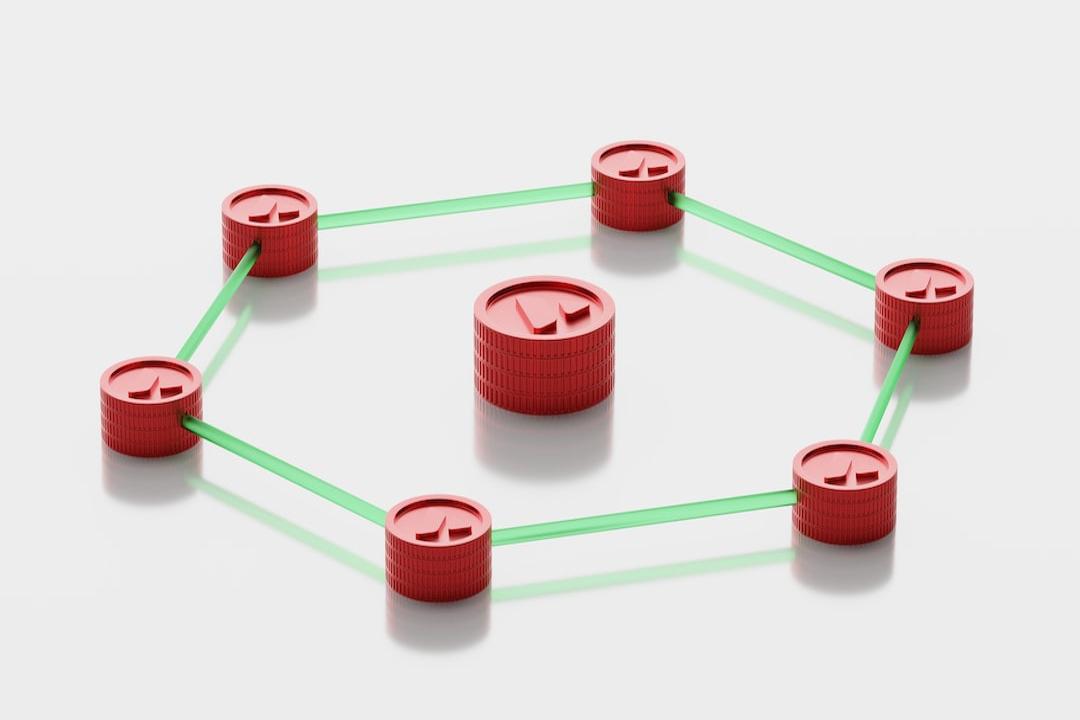Binance, a well-known cryptocurrency exchange, has integrated Bitcoin ARC-20 atomic assets into its own Web3 wallet through the Inscriptions Marketplace. ARC-20 is a token standard that enables the creation of fungible tokens that can be held and transferred on the Bitcoin blockchain. To celebrate this integration, Binance is offering zero-fee trading on ARC-20 tokens until June 2, 2024.
The Atomicals protocol, which was introduced in January, allows for the minting, transferring, and updating of nonfungible tokens (NFTs) on the Bitcoin blockchain. This protocol is modeled after Ethereum’s ERC-20 standard. Even with multiple updates or transactions, an Atomical only requires a small amount of data (about 2.5 MB) to be processed, making it efficient for various applications.
Bitcoin Atomicals have several use cases beyond NFTs, including web hosting, file storage, atomic swaps, tokenization of real-world assets, decentralized social media, and more. In addition to Atomicals, Binance Wallet’s recent update also includes support for BEVM, a decentralized Ethereum Virtual Machine-compatible Bitcoin layer 2 that uses Bitcoin as gas fees for executing smart contracts.
Other exchanges have also adopted ARC-20 assets. For instance, Bitget announced in February that it supports Bitcoin Atomicals through its self-custody wallet, while OKX has a dedicated marketplace for Bitcoin Atomical assets.
Despite concerns about becoming technologically obsolete compared to smart contract blockchains like Ethereum and Solana, Bitcoin is bridging the technological gap with recent innovations such as Ordinals, Inscriptions, Runes, and Atomicals. Orders Exchange recently integrated the Bitcoin Runes protocol, enabling the issuance of fungible tokens on the native network and establishing a Bitcoin asset bridge with MicroVisionChain for BRC-20 token swaps.
Meanwhile, the SolvBTC protocol, a yield-generating protocol across multiple chains, has accumulated a total value of $700 million from its yield-bearing Bitcoin minted on Arbitrum, Merlin, and BNB Smart Chain. The protocol estimates that it can generate annual returns of 5% to 10% on BTC deposits.
In related news, Kraken exchange has launched its own self-custody crypto wallet, following the footsteps of other centralized exchanges.

